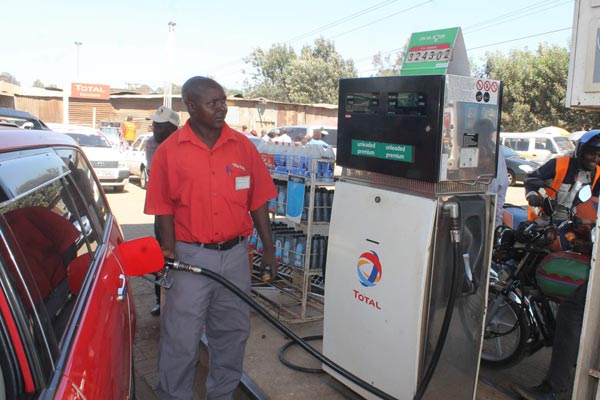Kenyan consumers will see an increase in the cost of fuel from 15 July to 14 August 2025, following the latest monthly review by the Energy and Petroleum Regulatory Authority (EPRA).
According to EPRA’s official statement, the new maximum pump prices reflect changes in global petroleum landing costs and adjustments for local taxation, including VAT and excise duties.
For the review period, the price increases per litre are as follows:
- Super Petrol: Up by KSh 5.99
- Diesel: Up by KSh 5.67
- Kerosene: Up by KSh 9.65
These prices are inclusive of the 16% VAT, as mandated by the Finance Act 2023, Tax Laws (Amendment) Act 2024, and Legal Notice No. 194 of 2020, which provides for annual inflation adjustments to excise duty.
The primary driver of the price hike is the rise in global landing costs for refined petroleum products, which saw an upward trend in June 2025 compared to May 2025.
Here is a summary of the average landing cost changes:
| Product | May 2025 (US$/m³) | June 2025 (US$/m³) | Change |
|---|---|---|---|
| Super Petrol | $590.24 | $628.30 | +6.45% |
| Diesel | $588.23 | $616.59 | +6.27% |
| Kerosene | $569.00 | $608.54 | +6.99% |
These cost increases are linked to global market volatility, geopolitical tensions, and seasonal demand fluctuations, which continue to influence crude and refined product prices globally.
The fuel price adjustment is expected to have ripple effects across the economy, especially in sectors heavily dependent on transport and energy. Key impacts include:
- Higher transport and logistics costs, likely to affect food prices and general goods
- Increased operating expenses for small businesses reliant on kerosene or diesel-powered generators
- Cost-of-living pressure on households amid rising inflation
The hike comes at a time when Kenyans are already grappling with broader economic challenges, including currency volatility, higher import costs, and persistent unemployment.





